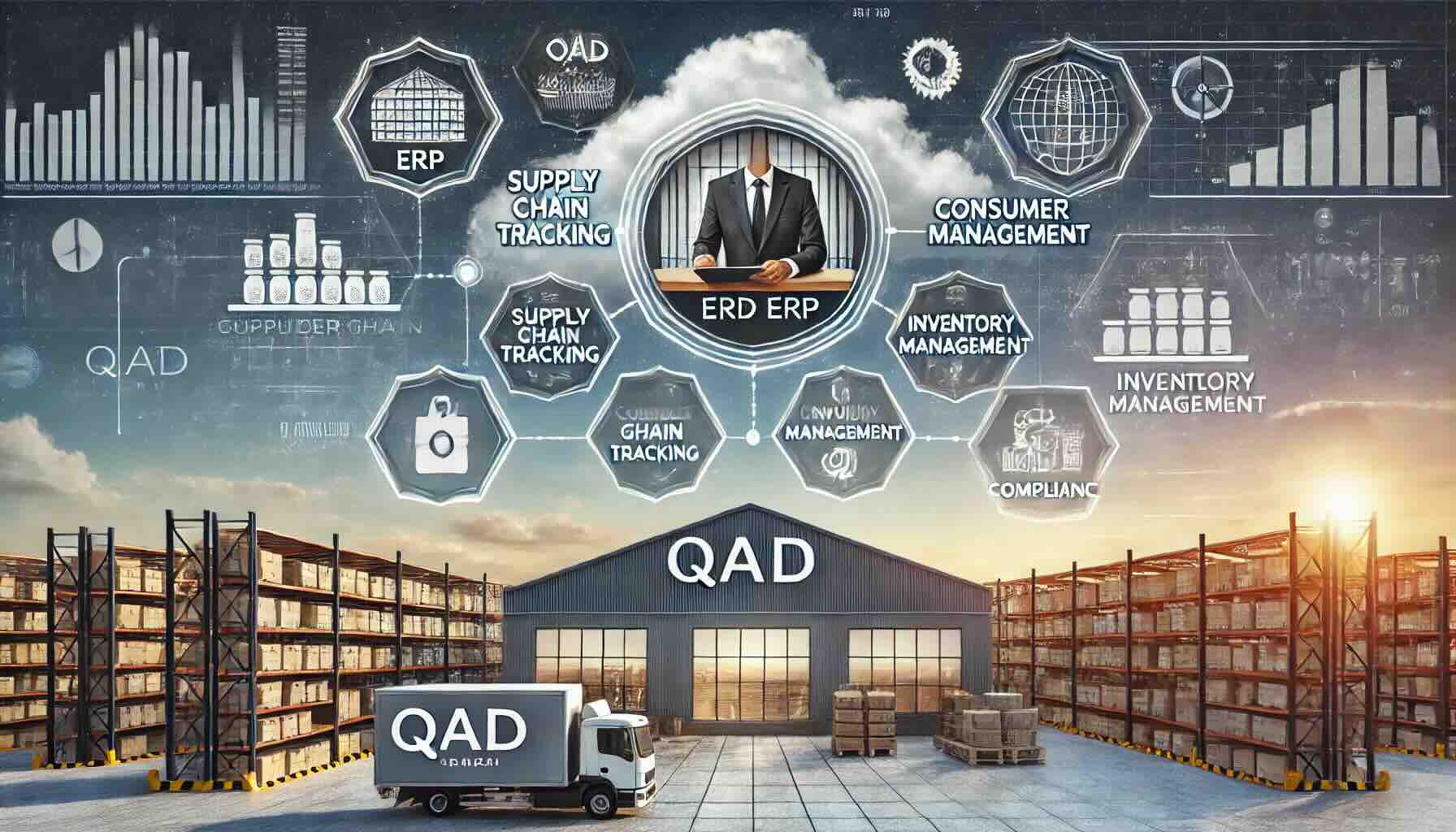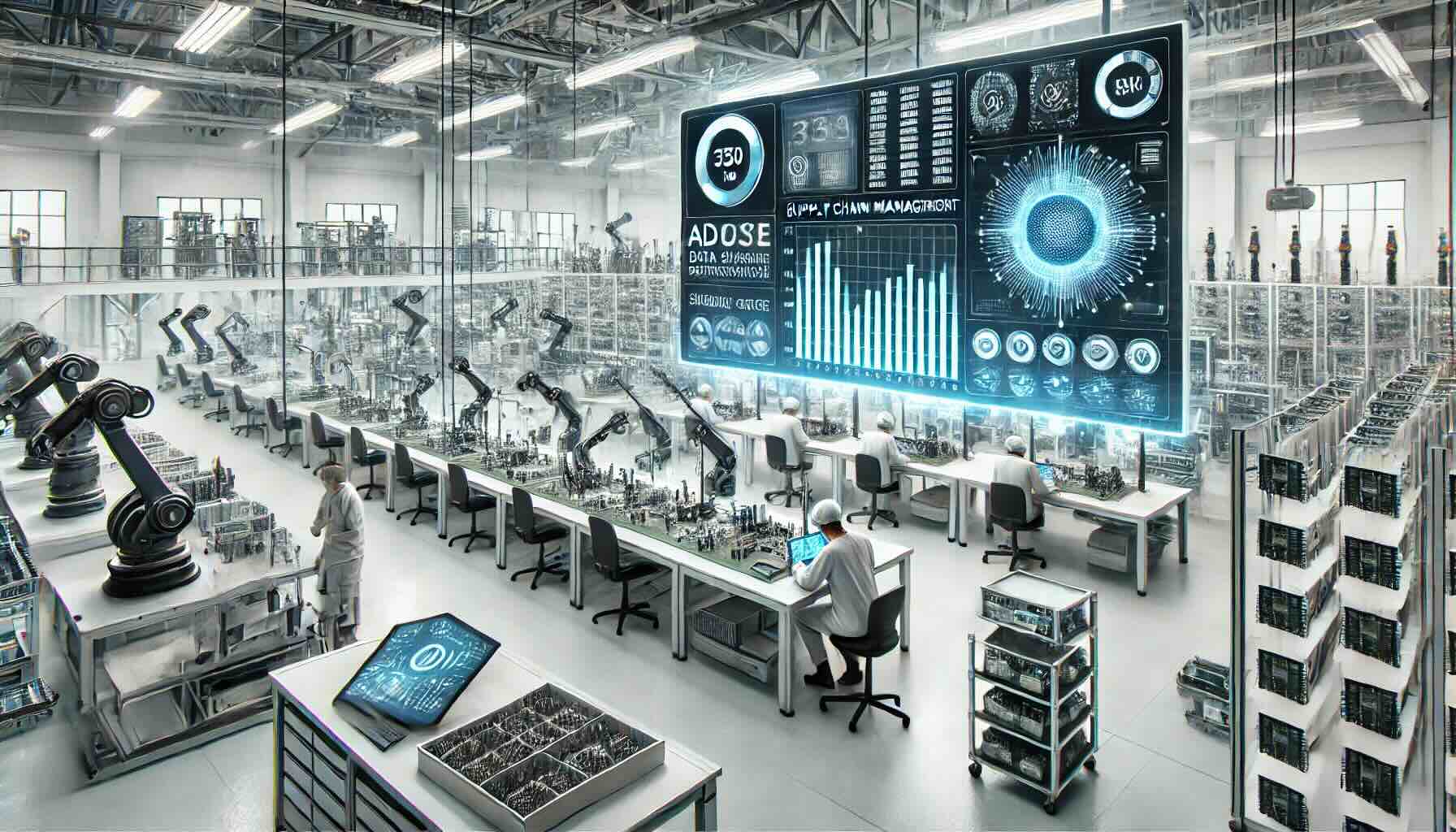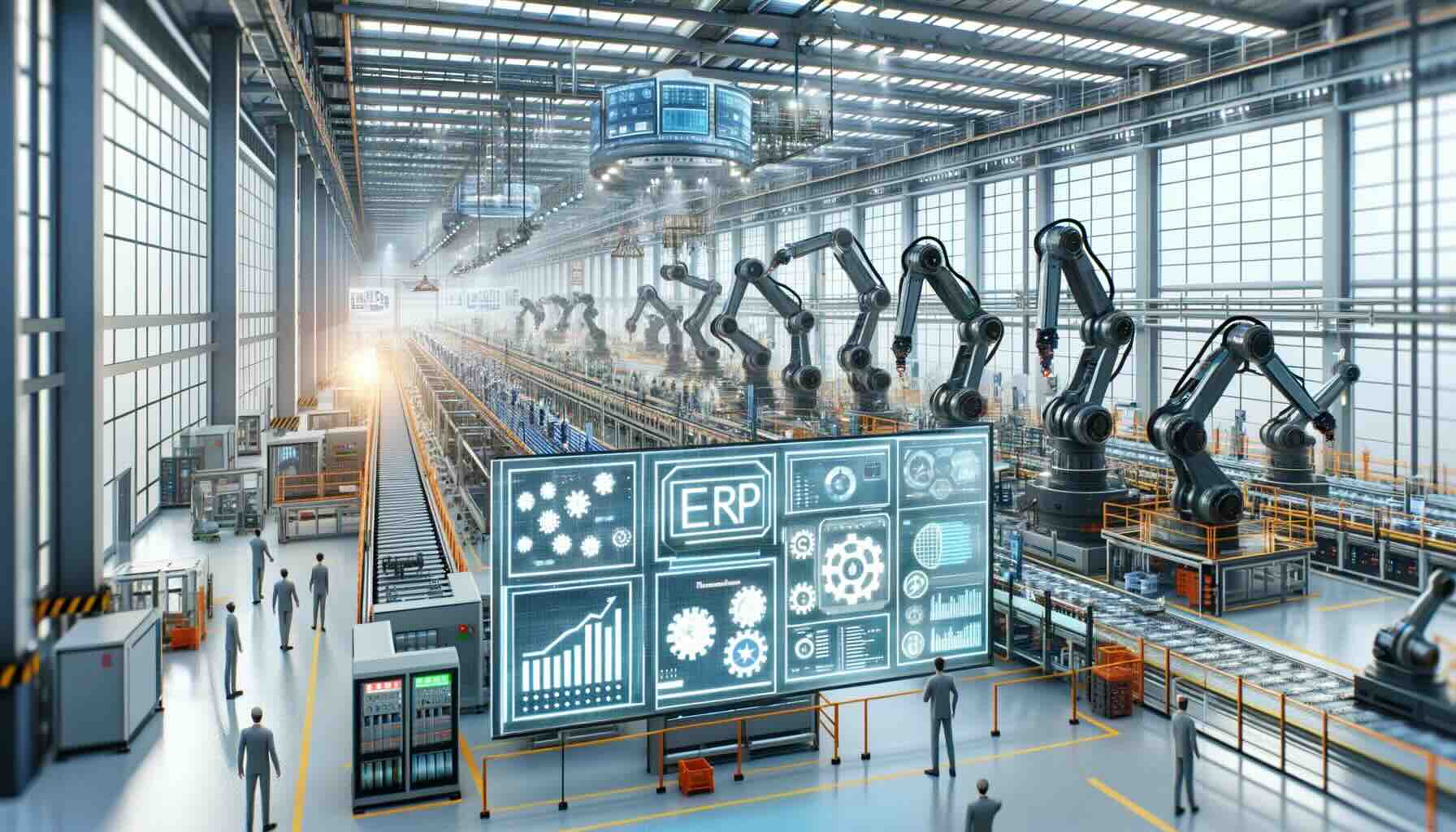Is IFS a Good ERP for the Chemicals Industry?

Enterprise Resource Planning (ERP) systems are crucial for managing complex operations in the chemicals industry. Among the many ERP solutions available, IFS Applications has gained significant traction. This blog explores whether IFS is a good ERP for the chemicals industry by examining its features, benefits, and real-world applications.
Understanding IFS for Chemicals
IFS Applications is a comprehensive ERP solution designed to manage various business processes. For the chemicals industry, it provides specific functionalities tailored to handle the unique challenges of chemical manufacturing and distribution. These include managing complex supply chains, ensuring regulatory compliance, and optimizing production processes.
Key Features of IFS for Chemicals
- Regulatory Compliance: IFS provides robust tools to help chemical companies comply with stringent industry regulations. It supports compliance with REACH, GHS, and other global chemical regulations, ensuring that all products meet safety and environmental standards.
- Supply Chain Management: IFS offers advanced supply chain management capabilities. It helps chemical manufacturers optimize their supply chain operations, from raw material procurement to finished product distribution. This leads to improved efficiency and reduced operational costs.
- Quality Management: Maintaining high-quality standards is crucial in the chemicals industry. IFS Applications include quality management modules that ensure products meet required specifications and industry standards. This reduces the risk of defects and recalls.
- Production Optimization: IFS supports advanced planning and scheduling (APS) to optimize production processes. It allows manufacturers to maximize production efficiency, reduce waste, and ensure timely delivery of products.
- Safety and Hazard Management: The chemicals industry faces significant safety and hazard management challenges. IFS provides comprehensive safety management tools to mitigate risks and ensure a safe working environment.
Benefits of Using IFS in the Chemicals Industry
- Improved Efficiency: IFS streamlines business processes, reducing manual work and minimizing errors. This leads to increased operational efficiency and productivity.
- Enhanced Visibility: With IFS, chemical companies gain real-time visibility into their operations. This enables better decision-making and more effective management of resources.
- Cost Savings: By optimizing production and supply chain processes, IFS helps reduce operational costs. This is particularly important in the highly competitive chemicals industry.
- Scalability: IFS Applications are scalable and can grow with the business. This ensures that the ERP system remains relevant and effective as the company expands.
- Customization: IFS offers a high degree of customization, allowing chemical companies to tailor the system to their specific needs and processes.
Real-World Applications of IFS for Chemicals
Many chemical companies worldwide have successfully implemented IFS Applications to improve their operations. For instance, a leading chemical manufacturer used IFS to enhance its supply chain management, resulting in a 20% reduction in inventory costs and a 15% increase in on-time deliveries. Another company improved its regulatory compliance processes, reducing compliance-related issues by 30%.
Challenges and Considerations
While IFS offers numerous benefits, it is essential to consider potential challenges. Implementing an ERP system can be complex and requires significant time and resources. Proper planning and execution are crucial to ensure a successful implementation. Additionally, ongoing training and support are necessary to maximize the system’s benefits.
Conclusion
IFS is a robust ERP solution well-suited for the chemicals industry. Its comprehensive features, tailored to the specific needs of chemical manufacturers, make it an excellent choice for managing complex operations, ensuring regulatory compliance, and optimizing production processes. By improving efficiency, enhancing visibility, and reducing costs, IFS can significantly contribute to the success of chemical companies.
For those considering an ERP system, IFS for chemicals is certainly worth exploring. Its proven track record and customizable features make it a strong contender in the competitive landscape of ERP solutions.
Implementing IFS Applications can transform the way chemical companies operate, driving growth and ensuring long-term success.
To compare IFS with 100s of other ERP solutions, you can use our new AI-powered Compare ERP tool. It’s free to use and you get a guaranteed discount on your first year’s licence fees with a referral from Compare ERP.









